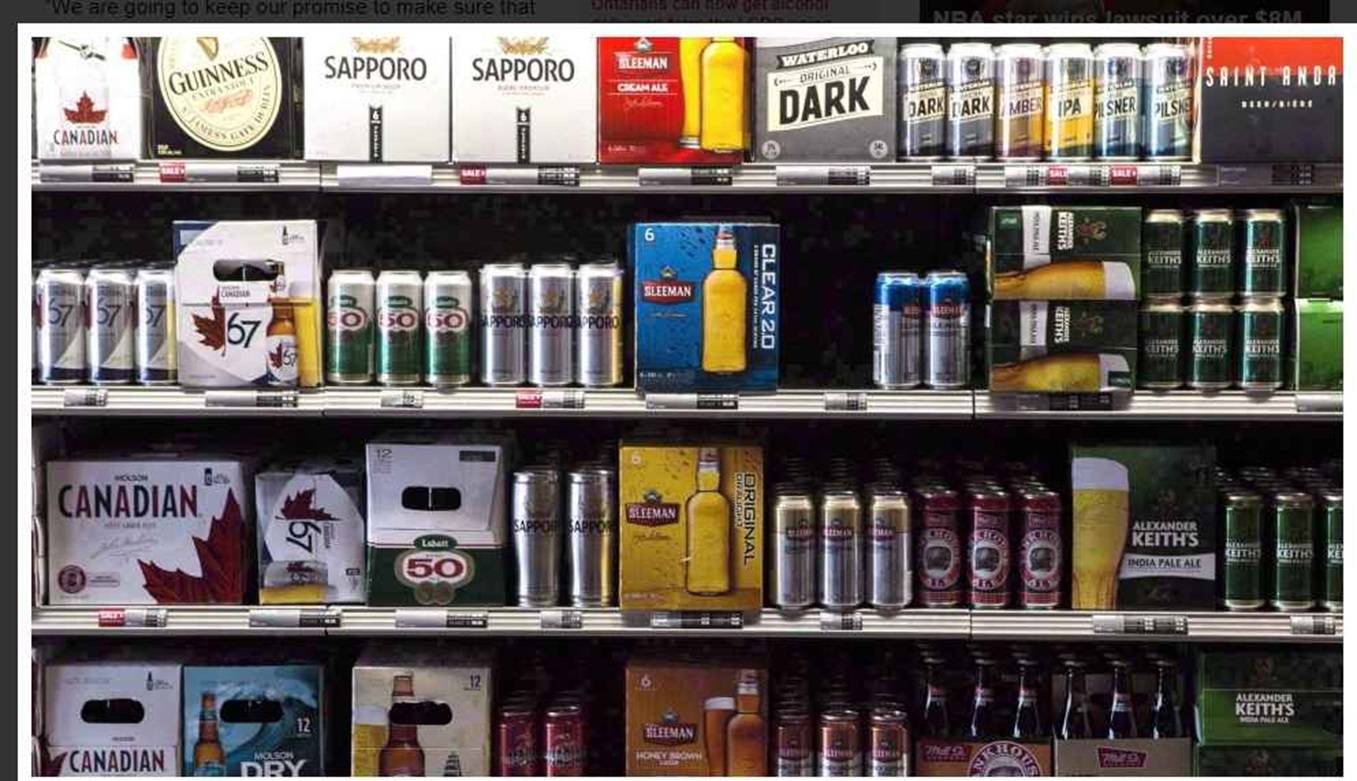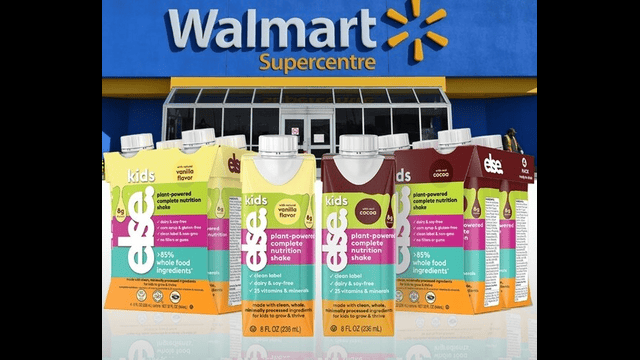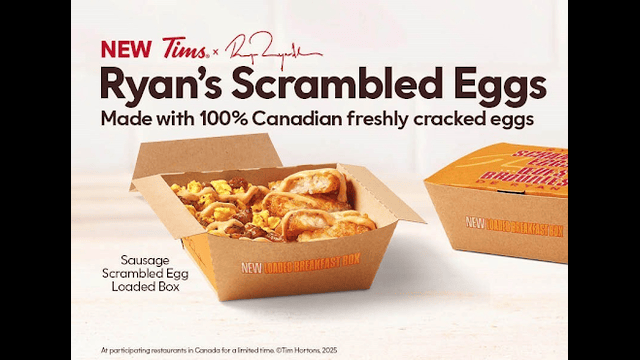
Beer bottles lineup showcased at a Toronto store on Thursday, April 16, 2015. Brace yourself for a beer transformation! Government officials are suggesting tweaks to national beer rules, opening the door to more ingredients in your pint and mandating every detail on the label. THE CANADIAN PRESS/Chris Young
Major changes are potentially on the horizon for the retail landscape of alcohol in Ontario, as the province's premier signals a move toward increased "convenience and selection." The focus is on the Master Framework Agreement (MFA), a 10-year deal signed in 2015 that regulates alcohol sales in Ontario, particularly granting exclusive rights to the foreign-owned Beer Store for selling beer in 12 and 24-packs. Additionally, it has restricted convenience stores from selling alcohol.
Insiders have confirmed that the province does not plan to renew the MFA in its current form, and a decision on the future of alcohol sales is expected by the end of the year. Premier Doug Ford remains tight-lipped about the fate of the Beer Store if the MFA is scrapped, emphasizing the company's continued importance in the system.
The government's commitment to expanding alcohol sales is reiterated, following an unfulfilled promise in 2019 to bring alcohol to corner stores. Previous attempts to terminate the MFA faced challenges due to potentially significant costs.
Negotiations have been ongoing with stakeholders, including the Beer Store, who have signed non-disclosure agreements. The LCBO and the Beer Store have provided limited comments for the time being.
Retail strategist Lisa Hutcheson suggests that opening alcohol sales to convenience stores and removing restrictions on grocery and big-box retailers could jeopardize the Beer Store, labeling its model as dated and advocating for more consumer choices.
The CEO of the Ontario Convenience Stores Association, Dave Bryans, sees potential benefits for convenience stores, particularly family-owned ones, if they can sell beer and ready-to-drink beverages. However, he emphasizes the need for a transition period for stores to prepare for such changes.
Craft brewers in Ontario welcome changes but call for lower beer tax rates, echoing concerns from wineries about high taxes. A Deloitte report commissioned by Ontario Craft Wineries warns that the local wine industry could be at risk if protections for Winery Retail Stores are lifted.
The Retail Council of Canada seeks a broad opening of the system, citing the MFA as favoring big brewing conglomerates. They advocate for an end to caps on the number of locations and restrictions based on store type. Michelle Wasylyshen from the RCC emphasizes the potential for lower prices with a more open system.
Recycling remains an unresolved issue, with the Beer Store currently responsible for the Ontario Deposit Return Program. Larger retailers adopting recycling programs could be an opportunity to attract customers.
Concerns raised by health experts about the potential harms associated with expanded access to alcohol, including increased consumption-related illnesses and social harms, are acknowledged. However, the premier dismisses these concerns, emphasizing the unique restrictions in Ontario compared to other jurisdictions.
The ongoing negotiations suggest a complex and multifaceted discussion around alcohol sales in Ontario, touching on issues of convenience, competition, taxes, and potential health implications. The outcome will likely have a significant impact on the retail landscape and various stakeholders involved.















